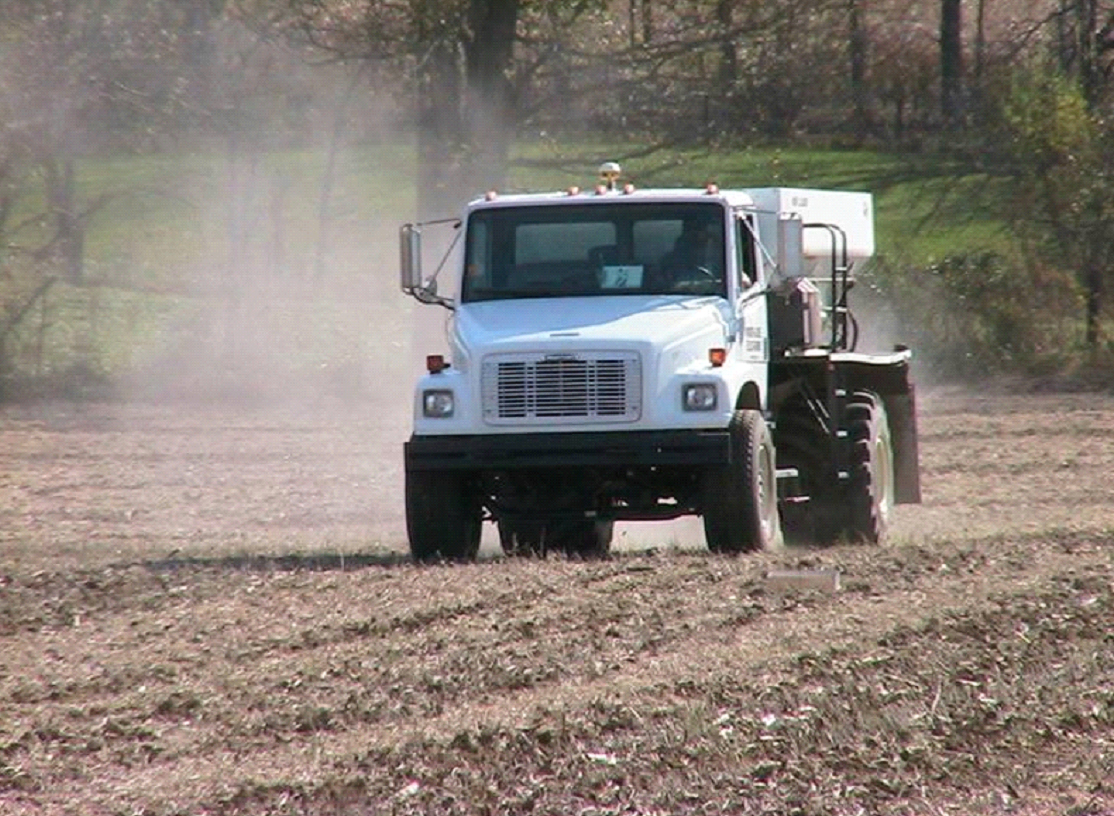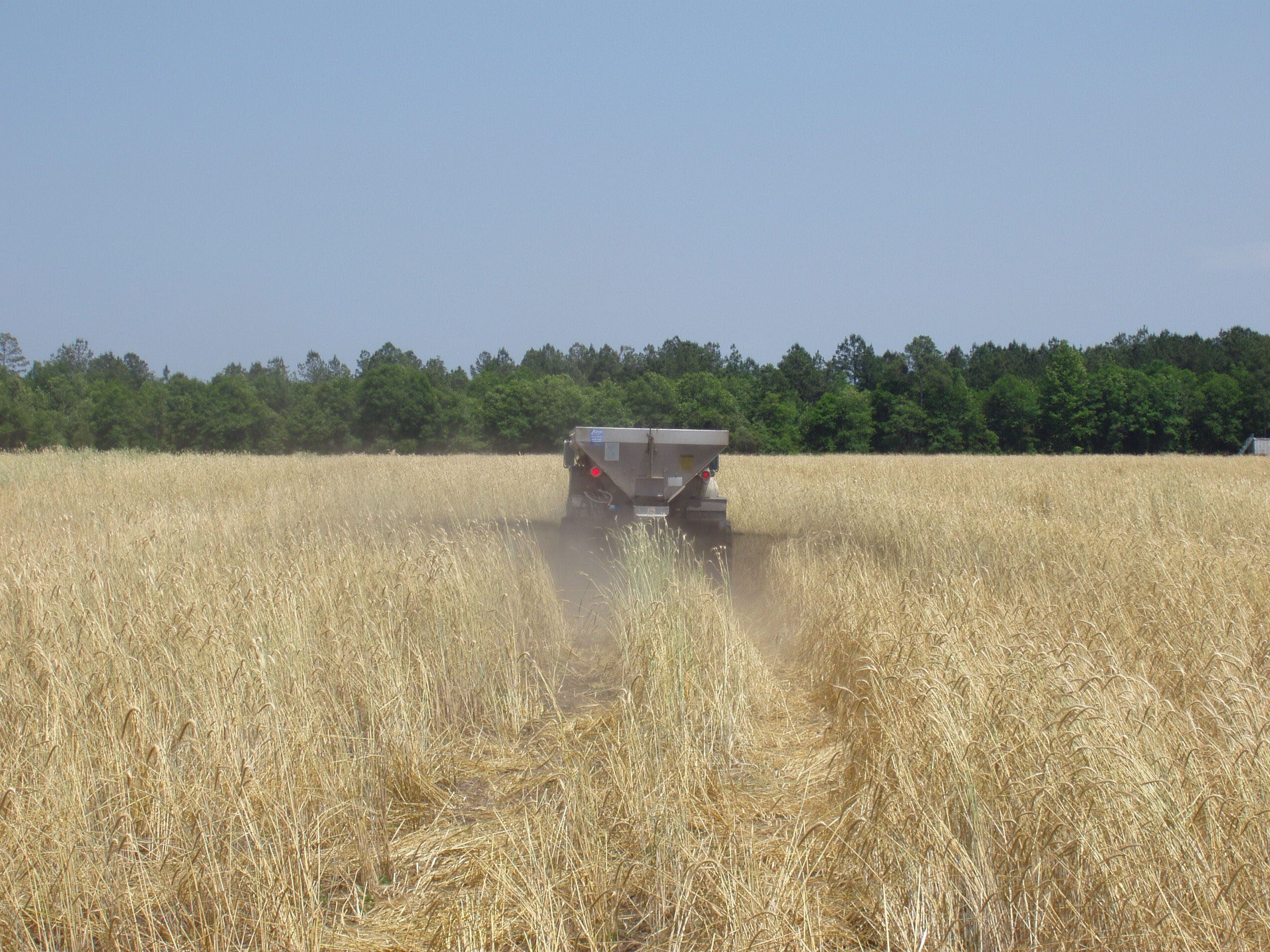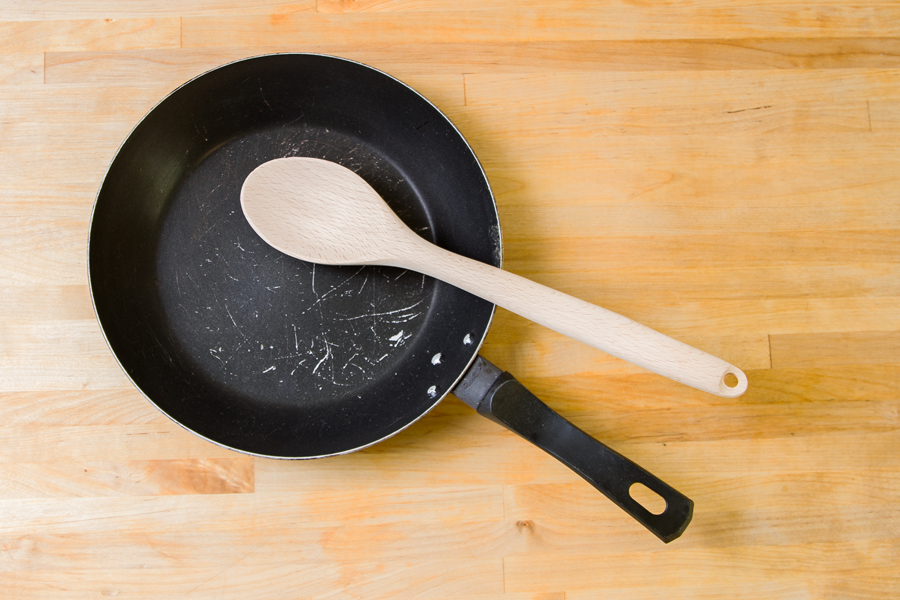ANR 黑料网
Expert Resources

This publication covers microfiltration, which is used for physical removal of contaminants from water. It describes how these processes work, their situation-specific usefulness/applications, maintenance needed for their proper functioning, and guidance for the consumers to select the appropriate filter.

Lime mud is a by-product produced in pulp mills as part of the process that turns wood chips into pulp for paper. The pulp mill cooks wood chips with sodium hydroxide to extract the wood fiber used to make paper from the lignin that binds the wood together. During this process, sodium hydroxide is converted to sodium carbonate. The pulp mill than adds calcium oxide, also known as quicklime, to convert the sodium carbonate back to sodium hydroxide in order to use it again. In the process, calcium carbonate is formed.

This bulletin provides the general public a quick reference for some commonly used standards for metal concentrations in biosolids and various by-products intended for land application. Most of the standards presented here are regulatory; however, we have also included information on average metal concentrations in agricultural soils.

Perfluoroalkyl and polyfluoroalkyl substances (PFAS) are a group of more than 9,000 manmade chemicals that have been in use worldwide since 1940, primarily in industry and numerous commercial and consumer products. The widespread use of PFAS for the past several decades has raised concerns due to their persistence, bioaccumulative nature, and potential adverse health effects. This publication provides information about the background, uses, and environmental and human health consequences of PFAS chemicals, as well as the EPA’s primary drinking water regulation standards and water treatment systems for removal/reduction of these chemicals from drinking water. Testing options and PFAS monitoring efforts by the Georgia EPD are included along with references for further reading.
Below are some of 黑料网 Extension's most broadly useful resources for those involved in agriculture on the farm, in schools, and around the home.
Production Agriculture

Which varieties should you plant? The variety testing team does the work and research for farmers.

Reliable weather information for agricultural and environmental applications, including soil temperature, rainfall, wind speed, and more.

Everything you need to achieve certification and maintain the knowledge to safely and effectively make use of restricted-use and all other types of pesticides.
Commodity Resources
A collection of resources for those interested in production and marketing practices that are profitable, environmentally sound, and that improve the quality of life for farmers, farm workers, and the community.
Resources for production economics, farm management, marketing, situation and outlook, risk management, financial management, farm policy, labor, and taxation.

Annual county-level reports documenting the value of all food and fiber commodities grown in the state.
Home & Garden

Soil Testing Ensure that your soil is productive! Get your soil tested to determine the amount and kind of nutrients that should be added for the best growth.

Pest Management Recommendations for pest control around homes, on pets, in the home garden, and more.

Household Water Quality Water quality has an immediate and a prolonged effect on the health of your household. This publication series contains basic information about home water quality and treatment.

Home Garden Publication Series Topics include garden planning, soil preparation, weed control, pollination, disease and insect control, harvesting, and preserving.
The 黑料网 Center for Urban Agriculture offers professional training and certifications for the Georgia Certified Landscape Professional, Georgia Certified Plant Professional exam and Super Crew employee training series.

The Georgia Green Landscape Stewards program provides fact-based information to help businesses and residences in Georgia implement sustainable green practices in their landscape.
Schools
This Community and School Gardens blog is designed to help community and school gardeners succeed by connecting them to 黑料网 Extension and other research-based resources.
Whether you'd like to help protect the environment, teach your students how to avoid chronic diseases with healthy food and physical activity, or train food handlers in your cafeteria, University of Georgia Extension can help.